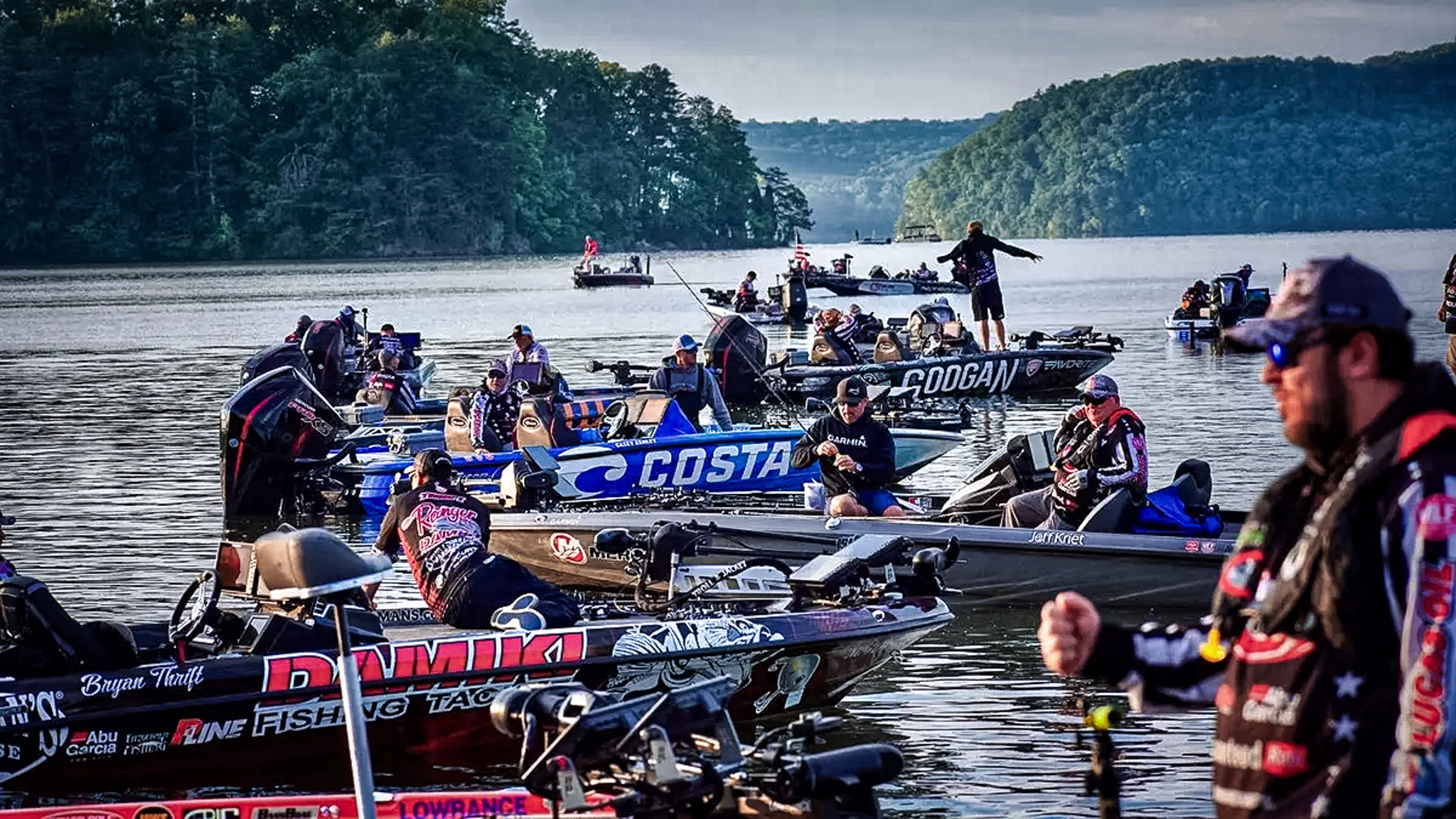Bass tournaments have traditionally relied on a weigh-in at the end of each day to tally angler’s standings. Throughout the day, anglers swap out the fish in their livewells for larger specimens in an effort to have the heaviest bag, and take home the prize money. The fish are taken to be a scale and weighed in front of an adoring public, creating quite the spectacle for onlookers. But a recent proposal could cut down on some of that excitement. So what does the future of bass tournaments look like from where we stand at the moment?
We recently published a story discussing research done on the Coosa River that suggested tournament anglers were responsible for massive amounts of fish mortality. As an effort to combat bass mortality, the Alabama Wildlife & Freshwater Fisheries Division has proposed a slot limit that would prevent tournament anglers from keeping and weighing any bass between 14 and 20 inches in length. You can read that story here.
Whether or not this slot limit will be implemented is yet to be seen. If it does pass, it could set a precedent for other states and fisheries to follow suit, since Alabama is one of the most popular states for bass fishing.
We’re not going to argue now about whether or not the slot limit is warranted or if it’s right for it to be implemented only on tournament anglers. We’re here to take a look at what bass tournament fishing will look overall if measures like the proposed slot limit, and others, are implemented.
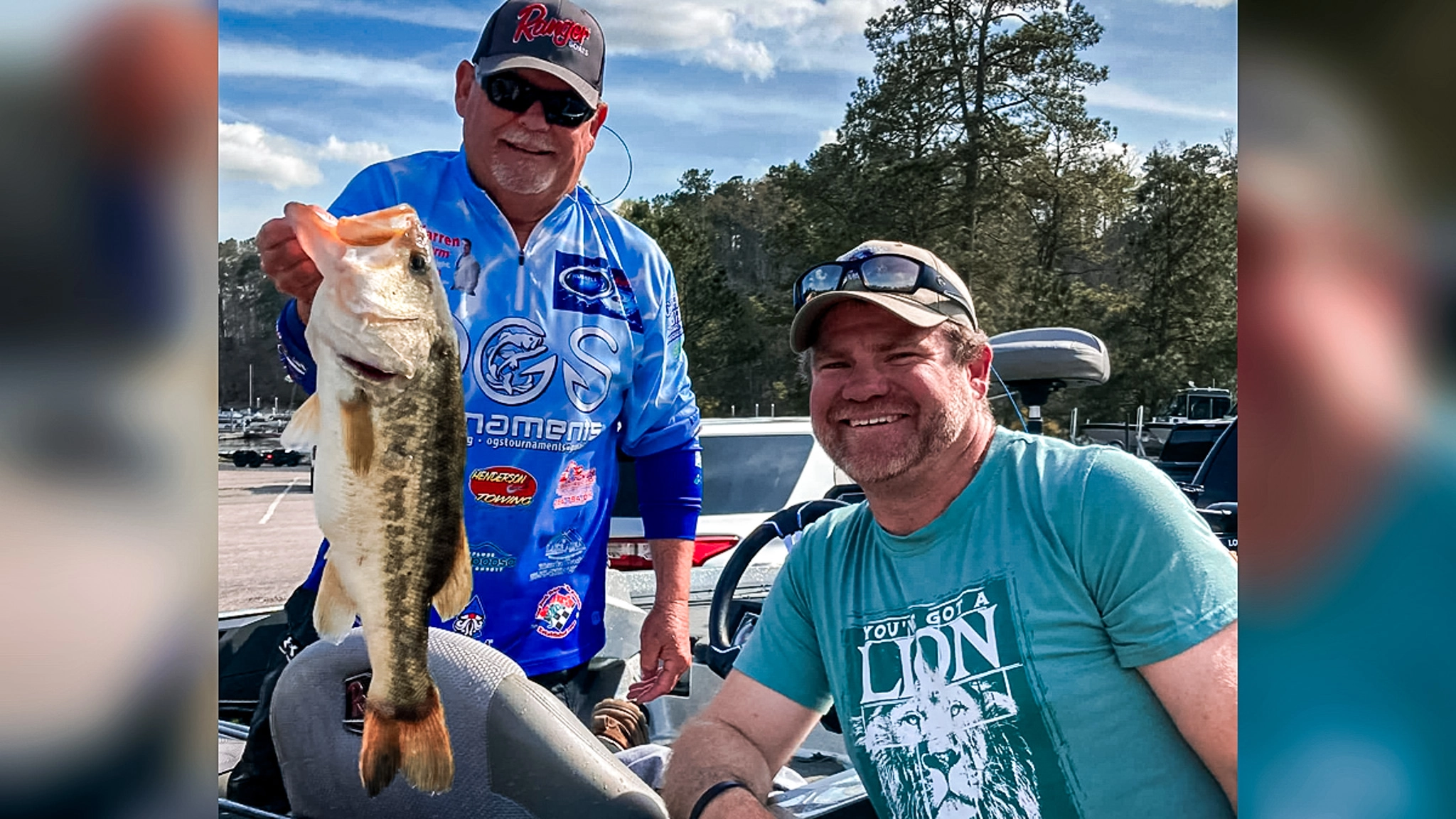
Measure #1: Slot Limits
Say this slot limit does pass on the Coosa River; what would the effect be on a traditional tournament where you head out on the water for roughly eight hours, boat the best five bass you can, and come back to weigh them in? The slot would be devastating and would, in effect, eliminate tournament fishing as we know it, forcing anglers to throw back most legal fish and significantly reducing the weight of anglers’ bags.
I’ve fished the Coosa Chain all my life. You could hypothetically catch a bag of a lifetime — 20 pounds of spotted bass on Lake Jordan — and have to throw every one of them back because all five fish were between 14 and 20 inches in length.
I personally caught 22 pounds of spots on Jordan a few years ago in a little club tournament. If I had to guess, I believe all but one of those would have fallen in that slot. So, instead of weighing in 22.8 pounds that day, I’d have had to trade four 4-pounders for four keepers under 14 inches long.
My 22 pounds would have turned into 13 pounds. And, oddly enough, I would have blown that tournament out with the only over of the day; second place would have likely been 9 pounds or so, with only five fish under 14 inches in that bag.
Now, I’m not saying that this one memory is worth killing a bunch of fish, but it’s worth a whole lot to me, as that’s the biggest bag of spots I’ve ever caught in my life. To my knowledge, everyone of those 4- to 5-pound spots I let go that day survived. But the tournament was in January, and that’s worth noting for sure. I’m not sure how they would have fared if they were released in the heat of the summer. Research does show mortality rises with the temperature.
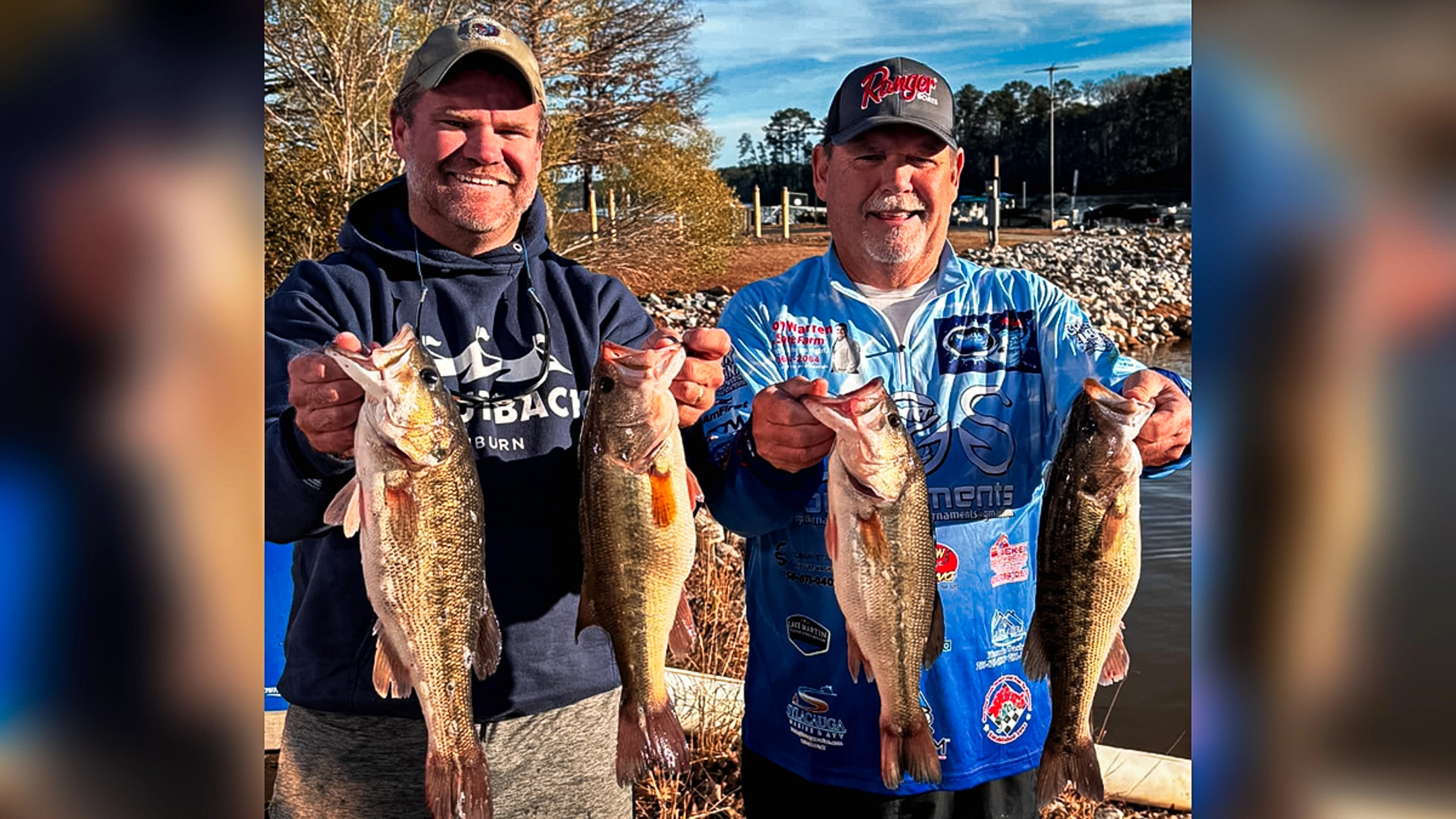
Measure #2: Limit Tournament Seasons
It might be better to restrict when tournaments can be held during the calendar year rather than establishing slot limits.
You can probably tell I’m not a big fan of a tournament-only slot limit, but I agree something has to be done to better protect and preserve our resources. So, perhaps calendar limits for tournaments is a better solution.
There are already lakes with open and closed seasons for bass and other species. I’d be okay with a seasonal restriction on large tournaments — I think. But enforcing these seasons would require the government getting a little more involved, and I’m not a big fan of governmental regulation in general either. Still, having a 500-boat tournament in June in Alabama is really something that needs to be addressed.
I live in Alabama where the water temps hit the upper 80s and even 90 degrees in the summer. That time of year, the odds are slim of keeping a fish alive after catching it in 30 feet of water, putting in the livewell for 8 hours, and then weighing in and releasing it. Especially when multiplying that catch by a couple hundred. Perhaps we could have a season for tournaments, especially in the South where it’s hot, restricted to the spring, fall, and winter when water temperatures are more favorable for catching bass.
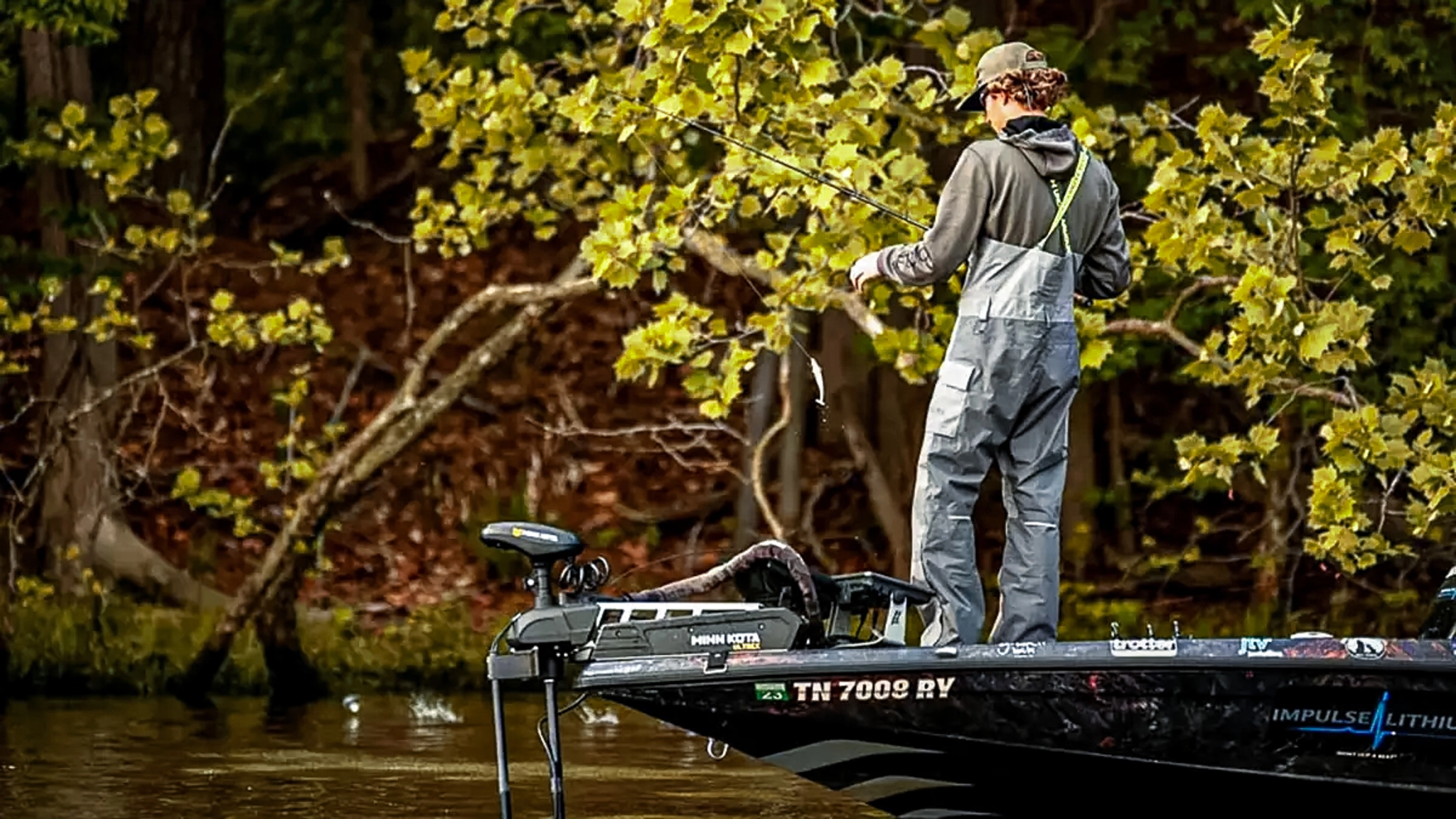
Measure #3 Limit the Number and Size of Tournaments
Limiting the size of tournaments is worth considering. Most trails already have some sort of cap on their fields, but some do not. And there’s really no reason to have 300 to 500 boats in a tournament. I understand that bigger seems to be better, and big numbers typically mean an organization is thriving. But it’s difficult, if not impossible, to truly provide any kind of in-person weigh-in system to process that many anglers and take care of that many fish.
Now, I admit I’m making this assumption from the outside looking in; I’ve heard of 500-boat high school tournaments but have never actually been to one to see how they are run. I did fish a 500-boat pot tournament once, and I was nauseated by the number of dead fish that were floating around afterwards.
Doing something to limit the number of tournaments held on a particular body of water on a given day wouldn’t be a bad thing either. Again, I’m no fan of regulation, but having some sort of permit process in place would prevent 1,000 tournament boats from being on Lake Guntersville on a given Saturday in the spring, as can be the case when a dozen or more tournaments are held there at the same time.
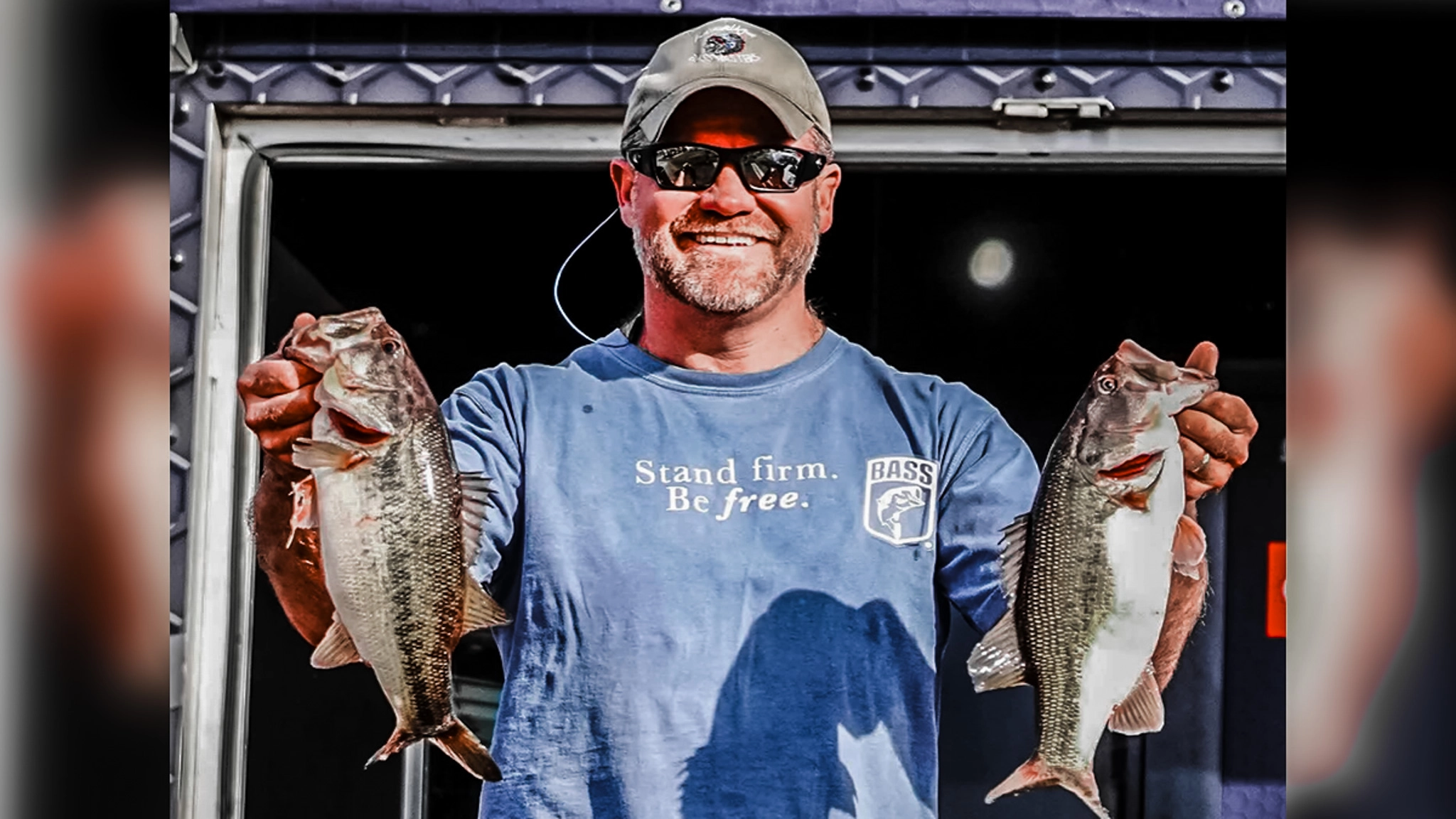
Measure #4: A Hybrid Tournament Model
The idea of creating some sort of hybrid tournament really interests me. I recently had a brainstorming session with John Calagaz, founder of Fishing Chaos.
Fishing Chaos is a platform Calagaz and his team created to solve a variety of issues. In part, the app has the ability to host live leaderboards for traditional tournaments and process catch, measure, and release data for kayak tournaments.
Recently, Logan Parks partnered with Fishing Chaos to host his Nitro Boats NSANE Tournament on Lake Martin in Alabama, for which the crew modified their catch-measure-release format to a catch-weigh-release format.
Anglers were required to video the weighing process and the release of each fish with a set of parameters in place for the catch to be counted. Uniform Berkley hand scales were provided for use by all participants.
Now, when I heard about this I poked all kinds of holes in it, from potential variances among the scales to various cheating possibilities. But Calagaz offered a fair rebuttal to each of my complaints, pointing out the fact that traditional scales vary as much if not more so based on the amount of water and slime in each bag.
And people cheat plenty as it is, as was recently evidenced on West Point Lake. A simple lie detector would do as much to keep the latter in check as it would at any other tournament.
I’ll confess, this style of tournament wouldn’t be very appealing to me — if I had the option of fishing a traditional tournament instead. But if the slot limit were to go into effect on the Coosa, at least with this style of tournament, you could still have big weights. And, there’s zero doubt it would be better on the fish than bouncing them around in the boat all day.
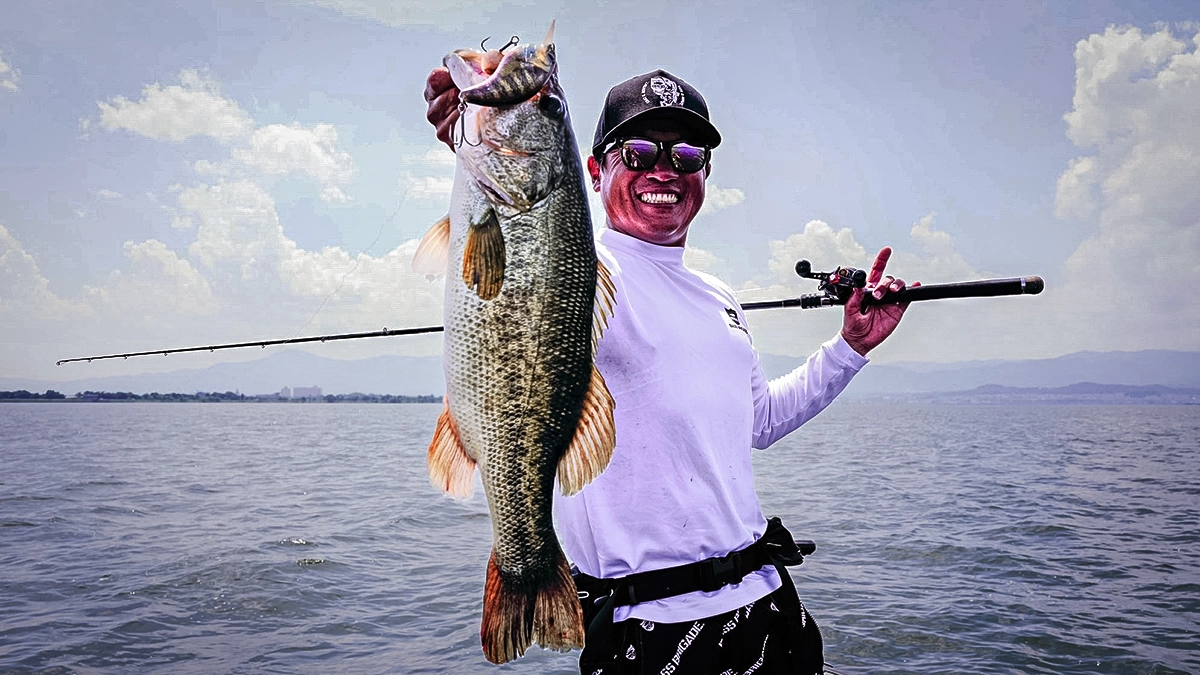
I simply can’t bring myself to accept never carrying a good bag of fish across a stage again. So, I proposed the idea to Calagaz of a hybrid tournament of sorts. Say we take the catch-weigh-release format, but we still put the best five fish in the livewell as we go. Then, there’s an unofficial Live leaderboard going all day, and the tournament ends for everyone at a set time — 3 p.m. for example.
At 3 p.m., the 200 boat field looks at the leaderboard. If you’re not in the top 30, you throw your fish back right there where you are. If you are in the top 30, you make the run back to the ramp and participate in an in-person weigh-in at 3:30 p.m. The top 20 based on the official scales get paid.
This format accomplishes the following:
- 170 boats release their fish in different places on the lake, not all back at the ramp in one location
- Everyone has the ability to fish where they want to until the last minute
- Anglers are allowed to release their fish where they were cuaght, to keep from depleting the population in that area
- The unnecessary bagging and weighing of 850 fish is eliminated (if all 170 boats have a five-fish limit)
- Official scales are used to determine winners, with tournament staff able to examine fish for any cheating
- There is still an in-person weigh-in
All of this is great. The real win here is that this style of tournament could potentially receive a slot limit exemption from the state.
There are other states and fisheries with slot limits that allow exemptions in certain situations. I believe, if you had a tournament organization willing to go to these lengths to create a hybrid event that satisfies the anglers and the state alike, then the state could and should offer exemptions to allow anglers to keep fish between 14 and 20 inches in the livewell for the day.
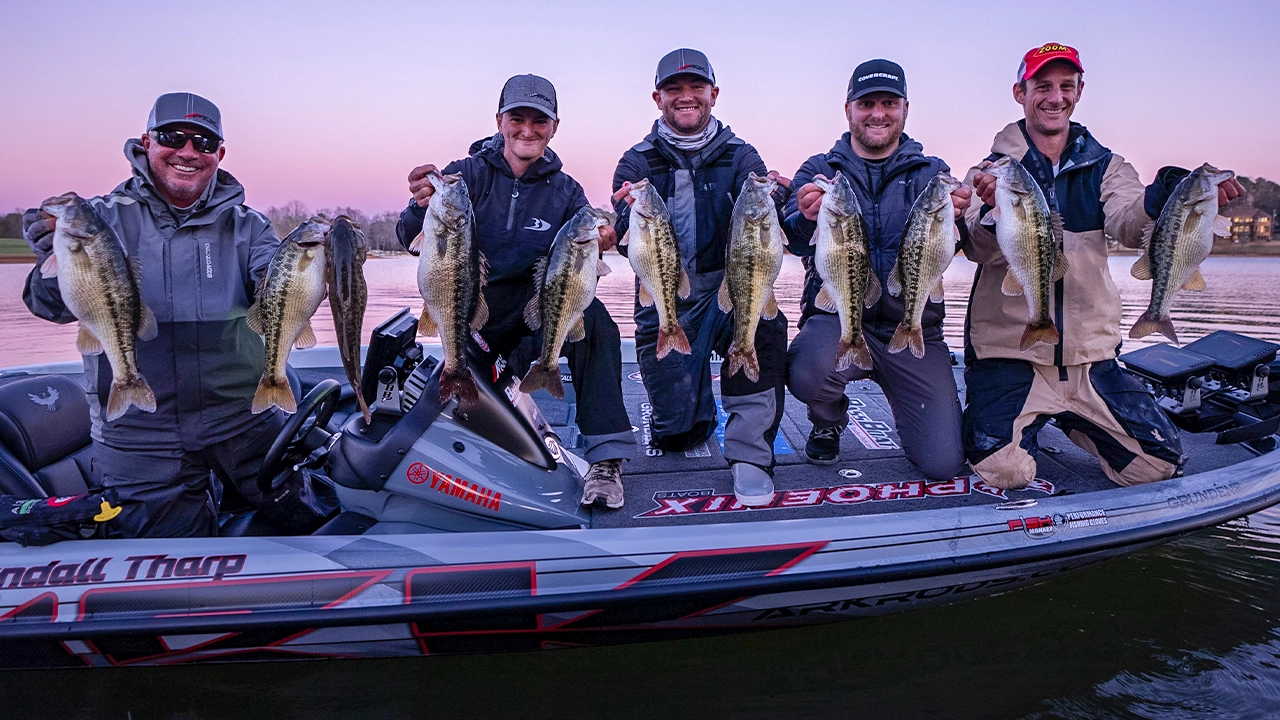
Impacts of a Hybrid Tournament
The radical proposal of creating a hybrid tournament with a live leaderboard and weekend anglers weighing their own fish would have seemed beyond preposterous a few years ago. However, the precedent has been set for something like this to work by kayak anglers, MLF, and even B.A.S.S. on Lake Fork.
It still does seem like a bit much, I know. But, if this slot limit and more like it start to pop up around the country, the option of a hybrid tournament will start sounding a lot better than no tournament at all. That’s a real choice we could be faced with in the near future.
The sad reality is that things can’t continue on as they are. Regardless of the causes, the quality of most of our bass fisheries has dropped off significantly in the last few years. There are other options to consider, of course. We could limit the size of our tournaments, the locations, and how many can be held, but something must be done; only time will tell what that something is.


